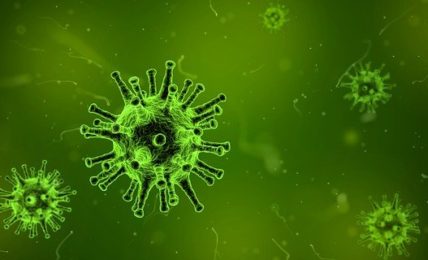La frode agro-alimentare in Europa: una delle maggiori sfide alla salute, da fronteggiare con la Food Fraud Network
Nell’ultimo decennio l’UE ha intensificato la prevenzione e lotta alla frode alimentare rendendola parte integrante della sua politica. Ma la fiducia dei cittadini resta bassa. Per cambiare rotta va rafforzata la cooperazione transfrontaliera e aumentata l’efficienza nelle azioni di identificazione e contrasto.





